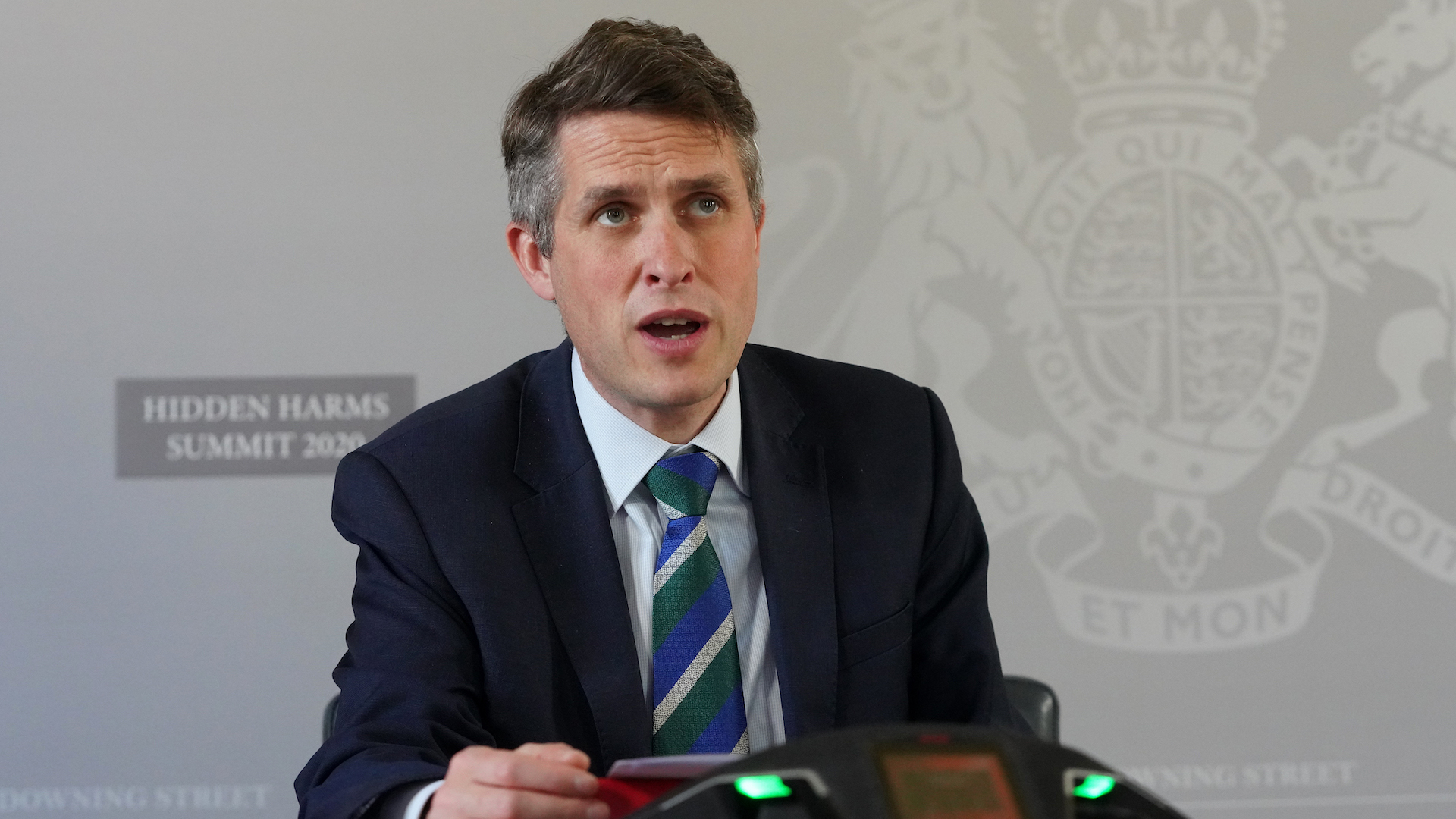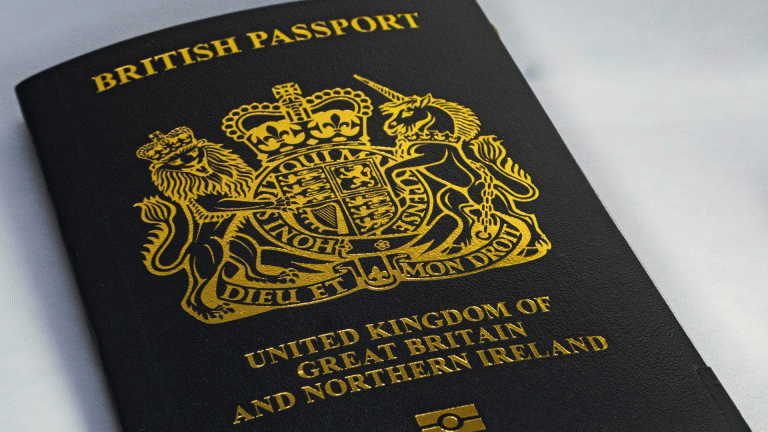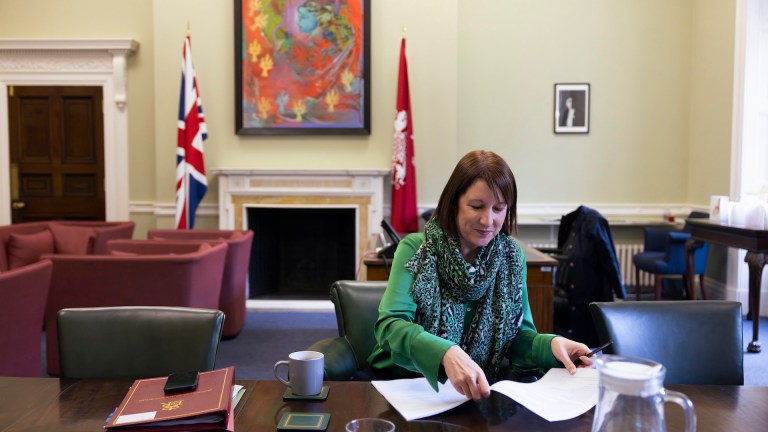The government has decided to ban unregulated accommodation only for children in care aged 15 and under. In his foreword to the consultation outcome document, Williamson states he “cannot imagine a circumstance in which a child under the age of 16 should be placed in a setting that does not provide care”. How many other parents are unable to conceive of 16 and 17 year-olds not needing care?
This announcement will help around 100 children at any one time, leaving several thousand in accommodation where staff are not legally able to provide them care. This is because the law requires that establishments which provide both care and accommodation must be registered as children’s homes and be inspected by Ofsted. What Williamson has sanctioned, and intends to entrench in legislation from September 2021, is the denial of care to children in care from their 16th birthday.
Standards are to be developed for what is currently unregulated provision, including the type of accommodation in which Jacob Bates last lived. Often called semi-independent or independent provision, this encompasses rooms in shared housing, flats in large buildings, hostels, bedsits and bed and breakfast accommodation. While support may or may not be provided, the common feature of all of these places is that children cannot by law receive care, and that won’t change.
Three-quarters of children who live in children’s homes are aged 14 to 17 years. Those who run and work in them must uphold nine quality standards, including a care standard. This requires that children receive personalised care, that staff help children “understand and manage the impact of any experience of abuse or neglect” and provide a physical environment which enables children to live there comfortably. This is a far cry from what has been unearthed by investigations by both BBC Newsnight and the Children’s Commissioner for England which found children in unregulated accommodation without bedding, curtains or heating.
As part of the government’s consultation process, I facilitated a discussion with 10 young people who had experienced living in unregulated accommodation. One young person was admitted to hospital with damage to her lungs because of mould in her property. Another had to be rescued by the police, because of threats from drug dealers. Aged 17, he had been in care since he was three but was now in a house on his own with just nine hours support a week. The children’s homes care standard also requires that staff are supervised by a skilled and qualified person. A young man during our consultation session shared that he had been the victim of a very serious crime by a member of staff in his unregulated accommodation. He had nobody there he could speak to, so made his way to the manager of a children’s home where he once lived.
To help the consultation with young people, campaigners developed a non-exhaustive list of what care looks and feels like in a children’s home. Our list, approved by the Department for Education, included teenagers having meals cooked for them, staff accompanying them to medical appointments and to university and job interviews, staff and young people enjoying films and board games together and having a fuss made on birthdays. If this sounds like ordinary family life for teenagers, it is intended to – being in care should feel like care.
The majority (72 per cent) of children in care live with foster families, and the law was changed in 2014 to allow them to ‘stay put’ until the age of 21. No such provision was made for children living in residential settings, who are often the most troubled and traumatised.
Research carried out for the Department for Education found 6,190 children in care were living in unregulated accommodation on 31 March 2019 (nearly as many as the 6,570 children living in children’s homes). The vast majority (98 per cent) of children in unregulated settings were aged 16 and over, nearly three-quarters (71 per cent) were boys and over half (53 per cent) were from black, Asian and minority ethnic communities. Nearly one in three (29 per cent) were the subject of a care order, where a family court has granted the local authority parental responsibility for the child.
If we go back to 31 March 2009, there were 3,100 children in care living in independent or semi-independent accommodation – so the numbers have nearly doubled. This rise is often, rightly, associated with the growth of unaccompanied children in our care system. These are children seeking refugee status who arrive in the UK alone, without any parent or guardian. It is also noteworthy that over this same decade the number of children incarcerated in our prisons has reduced by more than 68 per cent (from 2,625 children to 835).
But rather than bolstering support to children and families, there have been swingeing cuts to youth and family services as well as social security changes including the bedroom tax, the two-child limit on child benefit and the benefit cap, causing severe impoverishment. Last summer, the Child Poverty Action Group, the Association of Directors of Children’s Services and the Child Welfare Inequalities Project published a report on the effects of poverty on children and families. The publication’s title proclaimed: ‘The safety net is gone’.
The Children’s Commissioner for England recently accused the Treasury of “institutional bias against children”. Is it any wonder teenagers and their families are struggling?
This year marks the thirtieth anniversary of the UK ratifying the United Nations Convention on the Rights of the Child, which grants all children a comprehensive set of economic, social and cultural rights together with civil and political rights. A Children’s Rights Act and a national strategy to implement these obligations are long overdue, but children who are in care now cannot wait for this longer-term change.
Prejudice persists towards children in care, epitomised by perpetual media reports of opposition to the opening of children’s homes in residential areas. We need to become a society where would-be neighbours, on hearing that a children’s home may open nearby, feel pride and relief that they live in a community which looks after children who’ve been through the toughest of times.
Our government’s actions last week take us further away from this possibility, in creating a dividing line between those children it deems deserve care, and those it says can manage without.
Carolyne Willow is founder director of Article 39 children’s rights charity and a social worker









